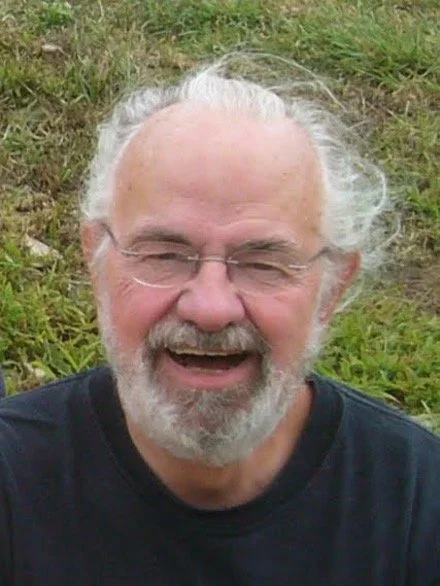It took a while for Quakerism to grow on Patrick. His family were staunchly Catholic in a staunchly Catholic neighborhood on the Southside of Chicago. His parents required all nine of their children to attend Mass and sent them to the local parish schools. Patrick felt holiness and charity in some of the priests and nuns of his youth, but as a teen he began to grow disillusioned with the corruption, hypocrisy, and racism he saw imbedded in the Church.
Patrick’s beliefs about integrity and racial equality were aligned with Quaker principals, and he and his wife Mary ultimately left their parents’ religions and became Quakers.
Although his father and all five of his brothers were plumbers, Patrick went to college to become a teacher and eventually earned his Ph.D. at the University of Chicago. As an academic, he was associated with Edinburgh University in Scotland and Rutgers before teaching at the Graduate School of Education at UB for the last 30 years of his career. His work in literacy included authoring a pioneering book on incorporating the nonstandard English of working class and minority students into the teaching of reading and writing.
Together, Patrick and Mary raised their two daughters Amy and Molly, and later became grandparents to four grandsons. The Finns bought a large summer house overlooking Chautauqua Lake where they could host all of Patrick’s brothers and sisters with their spouses, and all of Patrick’s dozens and dozens of nieces and nephews in an annual celebration of family. “Finns’ Inn” was also the site of decades of Quaker gatherings.
After Patrick and Mary retired they spent part of every winter in California near their daughter and grandsons and continued enjoying the summer at their house in Chautauqua.
One of the highlights of Patrick’s late retirement was finishing his memoir entitled The Taste of an Olive which “weaves his family story through the political, social, and sometimes violent upheaval” of his Chicago neighborhood after World War II. It became a “must read” for everyone in Buffalo Meeting when it was published in 2024.
